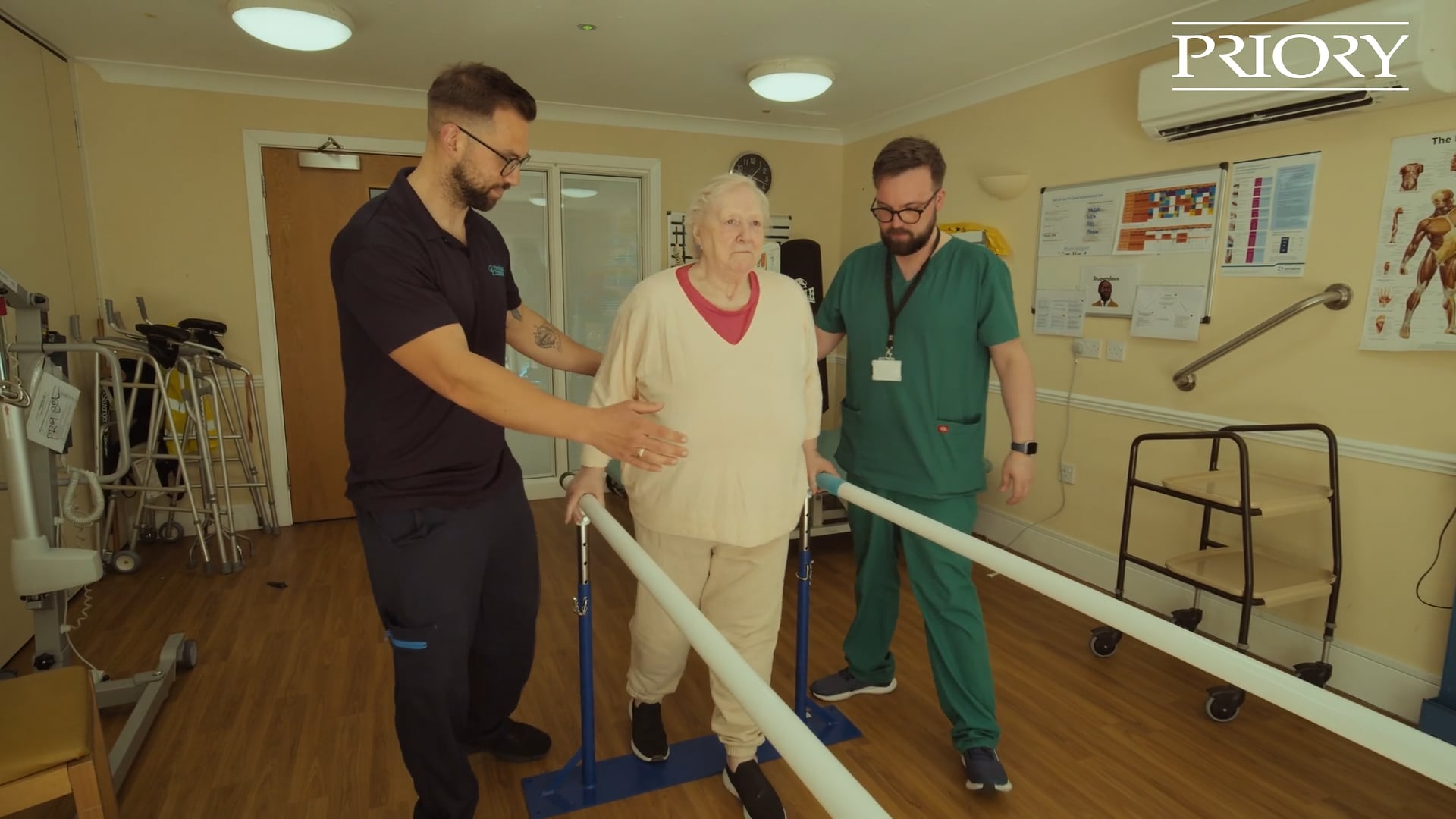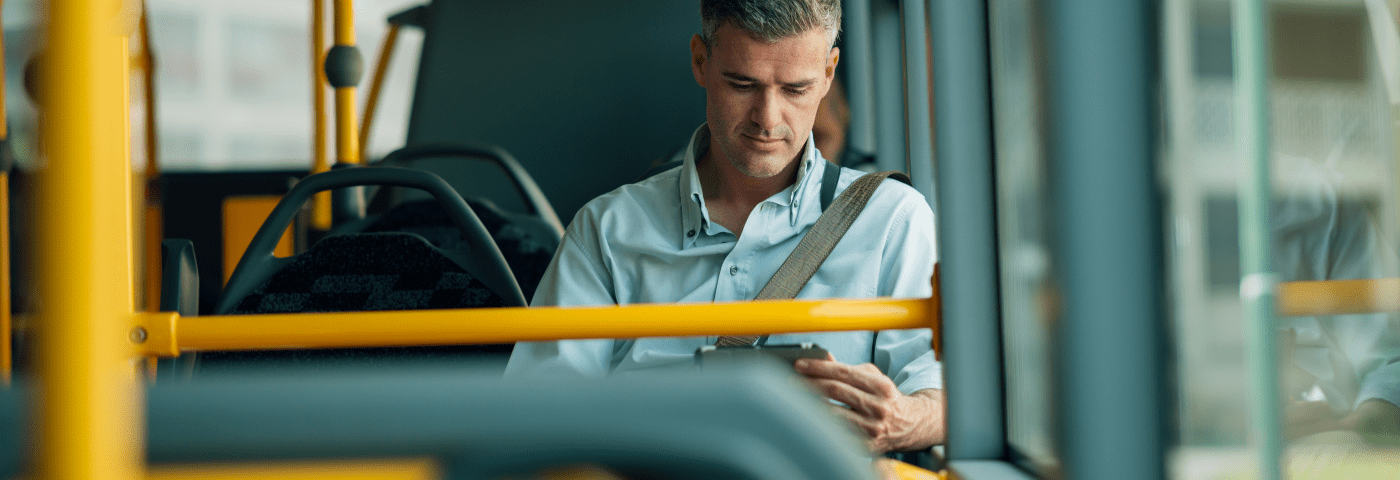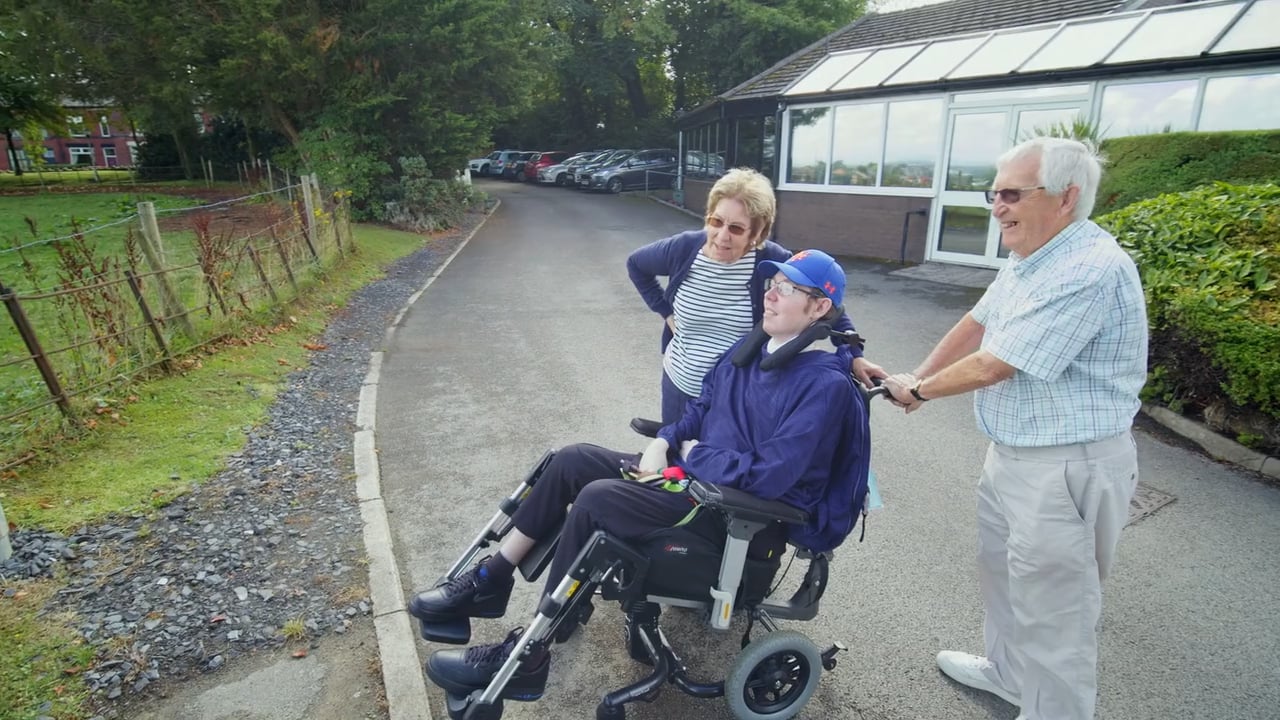About this location
Based in Bury, Greater Manchester, Priory Highbank Centre is a Neurorehabilitation service for adults. It provides residential support for males and females with acquired brain injuries (ABI), progressive neurological conditions (PNC), and associated complex physical health needs, including those with complex respiratory requirements such as tracheostomies and mechanical ventilation.
Our team is dedicated to delivering holistic, person-centred neurophysical and cognitive rehabilitation, alongside complex neurodisability management, in a safe and homely environment. We offer a range of services that promote physical, emotional, cognitive, and psychological wellbeing.
Our service users also receive neurorehabilitation for conditions such as:
- Acquired brain injuries
- Traumatic brain injuries
- Post neurosurgeries
- Neurodegenerative conditions
- Spinal cord injuries
- Diffuse multifocal brain injuries
- Strokes
Services at a glance
Contact us
Click here to enable this content
About our service
Our facilities and environment
In summary, we offer:
- Communal wet rooms on each section of the unit with specialist equipment
- Spacious bedrooms which can be individualised based on needs and interests
- A large lounge with plenty of seating and beautiful views
- Wide corridors for wheelchair access throughout
- Kitchen and dining room
- Communal bathroom
- Rehabilitation kitchen
- Separate family room
- Well-equipped gym
- Activities room
- Sensory room
- Therapy areas
We also have a garden, complete with:
- Lawns
- Patio
- Communal seating
- Sensory garden area
- Summer house
Highbank also has mobility-adapted vehicles to support service users in a person-centred way, enabling social trips, community access, and home visits. All activities are planned according to individual risk assessments and needs while receiving rehabilitation and specialist care.
Our bedrooms
All of our bedrooms are comfortable, welcoming and can be personalised to individual tastes.
Our approach to support
Everyone admitted to Highbank Centre has their own person-centred care plan and programmes, co-produced with input from the individual, their family members, and the professionals involved in their care. These plans aim to achieve rehabilitation goals while meeting each person’s specific needs.
We encourage individuals to make choices about the support they receive, which may include assistance with accessing the community, activities of daily living (ADLs), and maintaining family relationships. Our on-site multidisciplinary team (MDT), specialising in neurorehabilitation and complex nursing care, is led by our Consultant in Neurorehabilitation. Day-to-day medical support is provided by GP services in line with the PCN DES for specialist care homes in England.
As a Neurorehabilitation team, we use tools such as FIM-FAM to measure rehabilitation outcomes where appropriate. The length of placements at Highbank Centre is determined by individual assessments and reviews, working closely with NHS professionals, Integrated Care Boards, and CHC teams.
Rehabilitation programmes and social activities
Every resident has a personalised daily planner and is encouraged to take part in activities that are meaningful and fulfilling, aligned with their individual rehabilitation goals. Our dedicated team organises a variety of social and recreational activities both on-site and in the community. Individualised risk assessments are conducted by specialist professionals to ensure residents can safely achieve their maximum potential for independence and quality of life.
Care pathways
Through Priory’s network of healthcare, rehabilitation, specialist care residential, and supported living facilities, we provide unique care pathways to help individuals progress towards greater independence. Each person receives a bespoke pathway plan tailored to their needs and complexity, supporting them to achieve and maintain optimum quality of life and safety.
Our team
Our on-site multidisciplinary clinical team consists of:
- Neurorehabilitation consultant
- Physiotherapists
- Occupational therapist
- Speech and language therapist
- Neuropsychologist
- Registered nurses
- Activities co-ordinator
- Healthcare assistants
- Therapy assistants
- Dietician
We are also supported by additional services, including chefs, drivers, maintenance, administration, and housekeeping teams, to ensure our service users have a smooth and safe experience during their stay at Highbank.
Specialist training and skills
Our clinical and non-clinical teams receive specialist training tailored to the needs of each individual we support. In addition to mandatory training, relevant clinical team members, including healthcare and therapy assistants, receive bespoke training in complex respiratory management, including tracheostomy and mechanical ventilation. This ensures safety both on-site and during community visits, allowing service users to access the community confidently.
- The therapy team undertakes PDoC (Prolonged Disorders of Consciousness) assessments under Consultant guidance
- Clinical staff are trained in seizure and epilepsy management, emergency first aid, and BLS/ILS
- All staff complete brain injury awareness training to support service users holistically
- Specialist manual handling training promotes independence, maximises quality of life, and prevents long-term complications
Comments from our residents and their family and friends
We called it “our little piece of heaven”
Family and friends FAQs
How does home leave work?
We support our residents to attend family events and visit their family homes. We will work with the resident and their relatives to ensure possible risks are managed and that everyone is supported. This may mean the individual’s key worker will come along on the visit. For those who are unable to visit their family home, we can support your loved ones with video calls.
Can friends and families visit?
Family and friends are welcome to visit. Visits are usually planned in advance to support individual needs. Unfortunately, family members cannot stay overnight.
Will I be involved and kept up to date with the progress of my loved one’s care and support?
Yes, we strive to keep the loved ones of our residents involved in their care. Families are regularly invited to meetings at the home, where they will meet with the residents’ support team and hear about recent happenings at the home. We can also arrange more regular catch-ups either in person or via telephone, to ensure families are kept informed.
Will my loved one be able to have a phone or call me?
Everyone who stays with us are supported to call their loved ones any time, via phone or video call. Family and friends are also able to call as often as they like. Our staff also support residents with using and setting up their own mobile phone and making video calls.
What are the bedrooms like?
Bedrooms are all furnished and residents are supported to personalise them to suit their needs and wishes.
Are external doors kept locked?
The external gate is kept locked due to the nature of the service. However every resident will be risk assessed which will detail the level of security needed. We have a large garden area where individuals can freely exit and enter the building.
What do residents eat and how do meal times work?
Meals are prepared by our onsite kitchen daily. Residents can choose what they want to eat from the daily menu and choose when and where they would like to eat their meals. We provide meals in line with guidance from our dietician and our onsite speech and language therapist for those who require a special diet.
How does laundry work?
Our team will ensure that residents always have access to clean clothes and bedding. We have laundry facilities where all clothes can be laundered at site.
Who does the housekeeping and domiciliary tasks?
We have a housekeeper who completes daily cleaning tasks throughout the day. Residents are also supported with cleaning and daily living tasks as part of their individualised goals.
Is there anything they can’t bring or have?
Residents are not allowed to bring illegal substances onto the premises. We would also ask that people do not bring high risk personal items into the house.
How do activities work?
Our activity programmes are personalised and incorporate all aspects of daily life and social/leisure pursuits. Our activities are also balanced with rest and periods of reduced stimulation. Leisure time helps to maintain relationships and support networks for our residents.
How will residents be supported with their behavioural needs?
Residents are supported with their needs by our multidisciplinary team.
Do residents and families have an input into the care plans?
Yes, we encourage families and extended support providers to be involved with the care plans. We use a variety of communication tools to work collaboratively with the person we care for to co-produce the plans so they are tailored to their needs. We value this important input from others, where appropriate.
What are the car parking facilities?
We have free on-site parking facilities.
What is the smoking policy?
We have a designated area in the garden for residents to smoke or to vape, and they can be supported to purchase cigarettes at the shop, if this is what they choose. However, we do promote healthy lifestyles and can support residents with smoking cessation programmes.
What are your fees and how are they funded?
Our fees can vary, and are based on an assessment of each individual's needs. Many people are eligible for financial help towards the cost of support, and this funding can be accessed by contacting your local authority. Once funding has been agreed, we will work with your local care team to put together a bespoke package of care. Please note, referrals for NHS or Local Authority funded services must come from a referring organisation.
How to make a referral
Our service provides high quality support to people with varying levels of need. Referrals can be made through the individual’s social care team or, if relevant, their local health authority. If you are a professional looking to make a referral, please call us or fill in our enquiry form.






